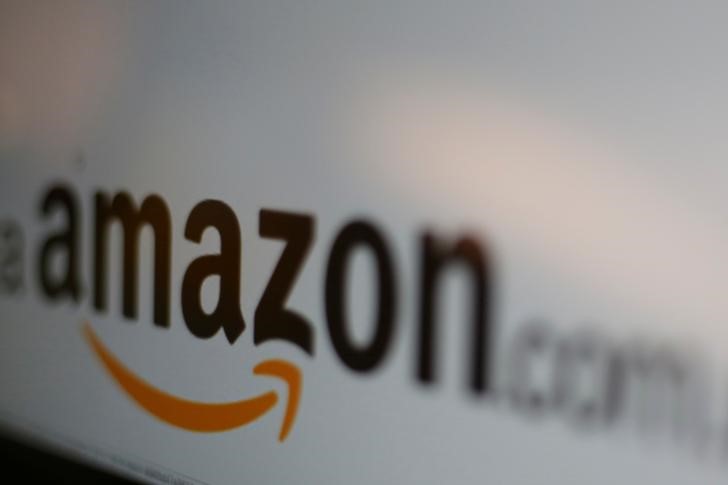Amazon's share price plummeted by over 12% on Friday after the company reported a slowdown in online sales growth during the second quarter. The e-commerce giant revealed that consumers are increasingly opting for cheaper alternatives, highlighting a shift in spending habits.
This announcement echoes recent observations of value-conscious consumer behaviour, setting the stage for retail giant Walmart's upcoming quarterly results later this month.
Amazon CEO Andy Jassy confirmed this trend on a post-earnings call, stating that customers are prioritising price over other factors whenever possible. As a result, Amazon's shares traded at around $165, experiencing a significant decline and contributing to a potential loss of $188 billion in market value.
"Consumer spending trends facing retail peers appear to have finally caught up with Amazon's bottom line," commented Michael Morton, analyst at MoffettNathanson.
Amazon's online store sales climbed by 5% in the second quarter, reaching $55.4 billion, compared to a 7% growth in the first quarter.
The company faces growing competition from discount e-commerce platforms like Temu and Shein, which offer a wide range of products at incredibly low prices directly from China.
"Amazon faces two major challenges this year â a cost-conscious consumer and intense competition from discount websites like Temu and Shein," explained Art Hogan, chief market strategist at B. Riley Wealth.
United Parcel Service (UPS), the world's largest package delivery firm, has been forced to increase fees to boost revenue, which has declined due to the rise of low-margin, slower deliveries from Temu and Shein. As Amazon is UPS's biggest customer, this could have a significant impact on the company's future.
Despite the slowdown in online sales, Amazon's quarterly profit and cloud computing sales exceeded analysts' expectations.
Revenue at Amazon Web Services (AWS), its cloud computing division, surged by 19% to $26.3 billion, surpassing market forecasts. This comes shortly after Microsoft's cloud division, Azure, fell short of expectations, raising concerns about Big Tech's heavy investment in artificial intelligence (AI).
Amazon is now catching up with rivals Microsoft, which partners with OpenAI, and Google in developing its own large language models capable of providing near-instantaneous responses to complex queries and prompts.
Amazon's forward price-to-earnings ratio for the next 12 months, a common metric for stock valuation, sits at 33.92, compared to Alphabet's 20.46 and Microsoft's 30.88, according to LSEG data.
Article
Business

Amazon Shares Plunge on Slowing Sales Growth

